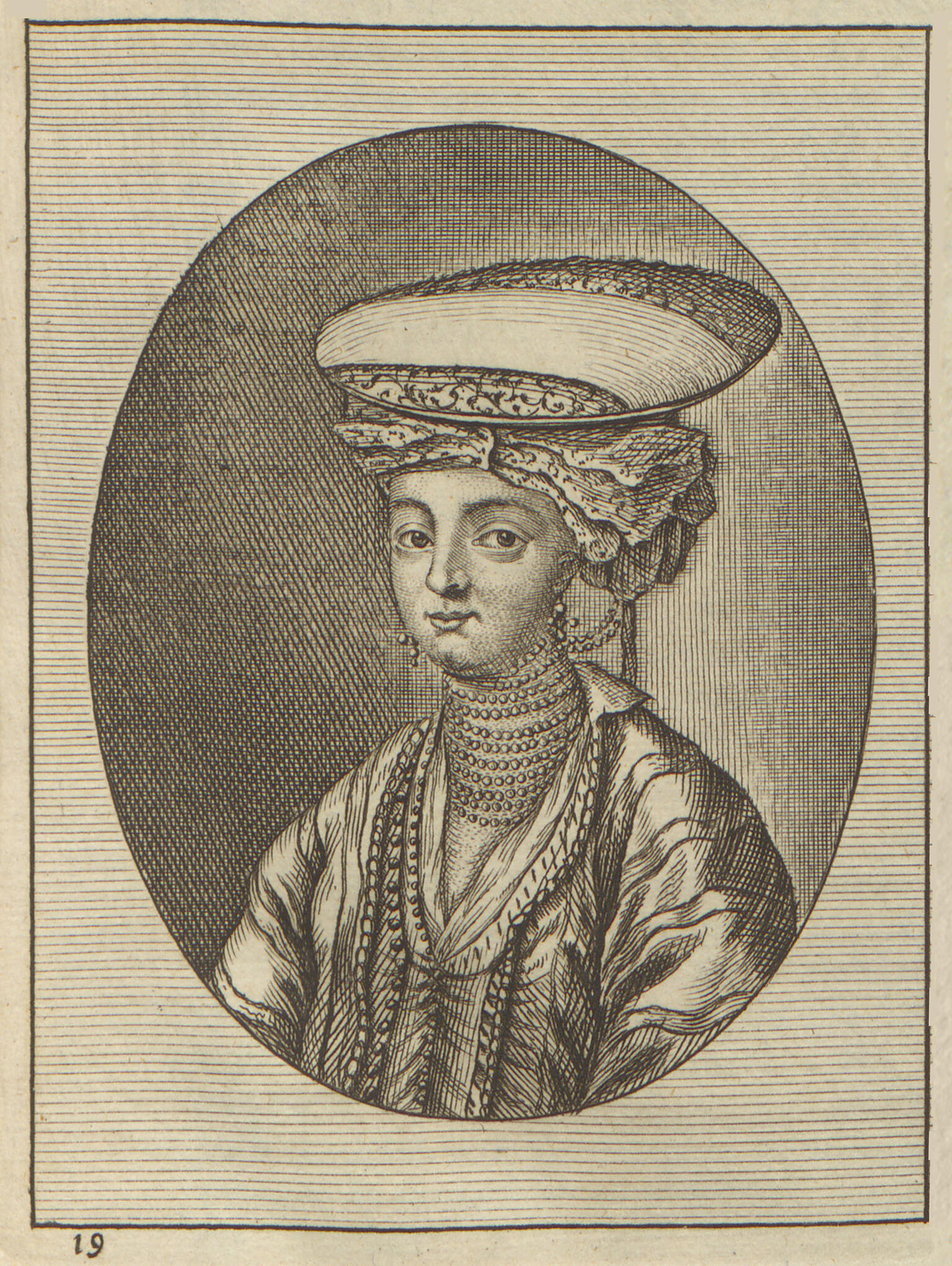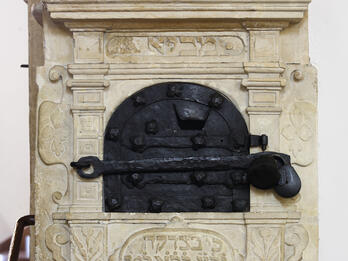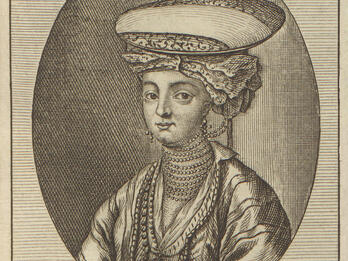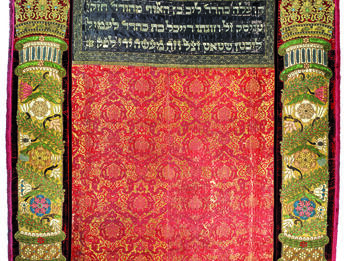Declarations
Good words of the society of orphan girls of Izmir. In the Name of the Holy One, regulations and new ordinances established for the good governance and with worthy dissemination, with which we must govern from today onward, and this, our society for the marriage of orphan girls, is instituted in this city of Izmir in the holy congregation of Neve Shalom of Portugal, may the Lord protect it. [ . . . ]
Article 12. If it should happen that we believe that someone is trying by some manner or means to appropriate for himself money from this society under any pretext of any kind whatever, he will afterwards be immediately excluded as a member or from any function that he might have in the said society, and equally from all the benefits that he might enjoy in this society forever. [ . . . ]
Article 15. Using the interest generated from the [community] endowment [for dowries], without touching the principal investment, an orphan girl who is to be married is eligible to win the [lottery of] fifty leones, assuming she is a maiden of a Portuguese father and at least fifteen years old. [The lottery] gives preference to those who reside in Izmir. Before the parnasim [confraternity officials] give the aforesaid sum, the said orphan girl must have given the [engagement] blessing, and if before winning the lottery she had been a recipient of kiddushin [marriage ceremony] and blessings, she is ineligible for the lottery. And if she has won the lottery and three years pass without her being married, she shall not be given anything. If she wishes, she will be able to enter the lottery another time.
Article 16. All girls wishing to enter the lottery must give a public notice fifteen days beforehand, or eight days prior if announced by the congregational beadle. Failing to give notice will make her ineligible for that year’s lottery. And this should be the general rule, for if the girl is the daughter of a female member; granddaughter, sister, or niece of a member, even though they may not have given notice, they will be afforded preference. And on the first day of the intermediate days of Sukkot the lottery results will be announced and published and cannot be postponed to another day. And the order of the balloting is as follows: one person alone cannot enter the lottery, and being more than one, those who were more distinguished and those who came out, these will enter the lottery. No one will enter the lottery except those who are due to marry in that year, in the order that they are to marry. One enters for two and if two, four will enter and the rest consecutively, and the lottery will be in this manner. They [the confraternity officials] will register the names of each of the orphan girls who have entered the lottery; each name will be individually written on a small piece of paper and placed in a box—in a separate box will be put the same number of pieces of paper, half of which are blank and the other half marked for a prize. And a child will draw out a paper from the box or bag on which are written the names and another paper from the other box and each parnas will take his own and open it and will name the said name and it if comes up blank he will say so, and if it comes out with a prize, he will also say so in the presence of the whole society.
Article 17. In a case for which God does not let the orphan girl who is the daughter of a member win the lottery, because there are others who win, she will be given 200 leones, and the following year should the one who remained in second place emerge without luck, the granddaughter or sister of a member is afforded preference and she will be given 120 leones. And if it is the niece and cousin of a member, she comes in third place, and she will be given 100 leones. And the said clause remains in place, declaring that if there be several of these orphan girls unable to enter the lottery [ . . . ] she will remain in the ballot of the members and will be given that which seems to them appropriate, of twenty to fifty leones.
Article 18. In a case for which some members have a celebration, the others are obligated as brethren to go to visit them, and if among them there are some dissensions or quarrels, the parnasim will be obligated to reconcile them, so they should speak to one another, and if they do not wish to, they will be fined by the parnasim two leones and will be excluded from the society until they speak to one another and pay the fine. Similarly, if at any gathering a member shall lift a hand against any one of his brethren, he shall be excluded forever from the society and whoever sees him will be obligated to tell this to the parnasim; and if they do not do so, they shall incur all the penalties and askamot [ordinances] of the said society. [ . . . ]
Article 23. All members shall be obliged, when they go up to the Torah scroll, to promise each one, at the ark, what he will donate, and if this treasurer is a member of this society and the said treasurer will deliver what they shall have promised to the parnasim and which will be at the disposal of the said parnasim and in case that the said members did not offer anything at the ark, the treasurer must point it out to four parnasim [ . . . ] and they shall be obliged to pay it at the end of the year.
Article 24. If some person shall leave something for our society, it will serve as the capital [investment] of this society and if some member should desire to leave this society due to some quarrel or for any cause, he shall not be given anything and he shall no longer be able to be a member.
Credits
The Dotar (Provision of Dowries for Poor Brides) Confraternity of Izmir, “Declarations” (manuscript, Izmir, 1644). Published as: Sefer de la Chevra Kadisha de Izmir (Book of the Holy Confraternity of Izmir): 1644–1750 (Istanbul, 1750).
Published in: The Posen Library of Jewish Culture and Civilization, vol. 5.







